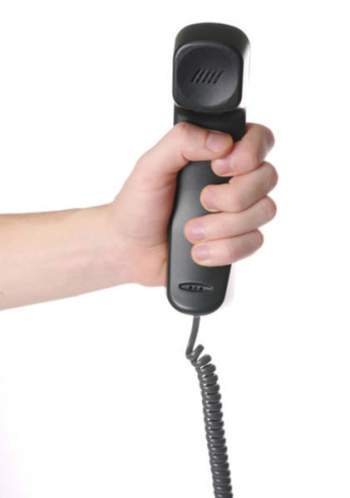
Medicare Social Security Fraud Hotlines

Both the Center for Medicare and Medicaid Services have cases of health fraud.
Medicare Phantom billing is the act of billing the Medicare program for medical tests, procedures or equipment that was either unnecessary or never provided. Medical care providers that perform this kind of fraud do so to exact more funds from the Medicare program for purposes other than providing vital care to beneficiaries.
Patient billing is the act of billing the Medicare program for procedures or services that were never rendered with the assistance of a Medicare beneficiary. The beneficiary will provide personal Medicare information claiming that the billed procedures did indeed take place to then receive a portion of the Medicare funds paid out.
Bill inflation is the act of using Medicare billing codes for more expensive procedures in the place of more basic procedures to receive more Medicare funds.
Medicare beneficiaries are asked by the CMS to report any form of Medicare fraud by calling, mailing or faxing letters, or emailing the Medicare fraud hotline through the Department of Health and Human Services with their concerns. Beneficiaries must provide information identifying themselves, dates of bills and procedures, reasons as to why Medicare should not have paid for the procedures or services and information identifying the medical provider. This way action can be taken to investigate the fraud claims submitted to the Medicare fraud hotline.
The Medicare fraud hotline also allows beneficiaries to report abuse suffered from health care providers.
Social Security fraud is often perpetrated through either theft of Social Security numbers, impersonating Social Security Administration employees or sending out fraudulent mailings posing as official letters from the Social Security Administration.
The theft of Social Security numbers enables the thief to have access to personal information of the Social Security beneficiary in addition to redirecting where Social Security benefits are directed. This is known commonly as identity theft.
By impersonating an employee of the SSA, the impostor hopes to gain access to personal information and Social Security information of the intended victim. In this way, the impostor can then steal Social Security benefits.
By sending fraudulent letters that pose as official mailings from the SSA, perpetrators again try to receive personal information relevant to Social Security benefits and then gain access to those funds.
The Social Security Administration has created a Social Security fraud hotline for beneficiaries to report cases of fraud by calling, mailing or faxing letters, or emailing the SSA directly. In addition to the Social Security fraud hotline, the SSA has a private investigatory force known as Continuing Disability Investigations or CDI. The CDI also coordinates with the Federal Bureau of Investigation and the Office of the Inspector General to investigate fraud reports submitted to the Social Security fraud hotline.
Both the Medicare fraud hotline and the Social Security fraud hotline were created with the assistance of the Office of the Inspector General.
NEXT: MedlinePlus Medical Encyclopedia





















